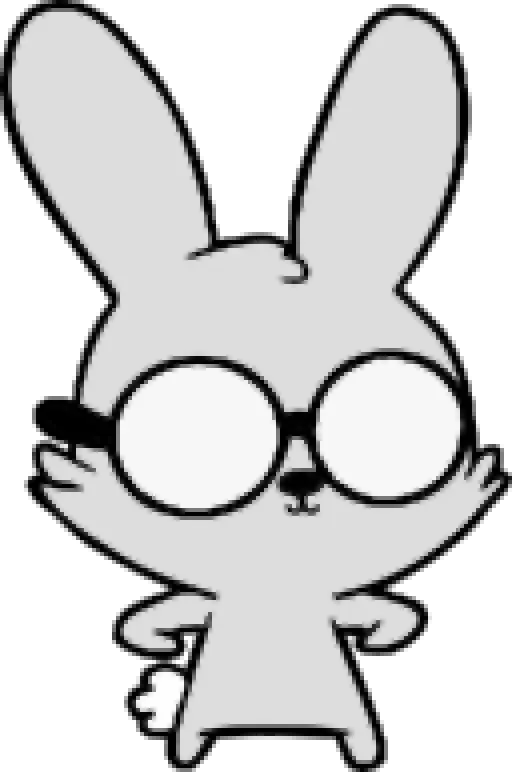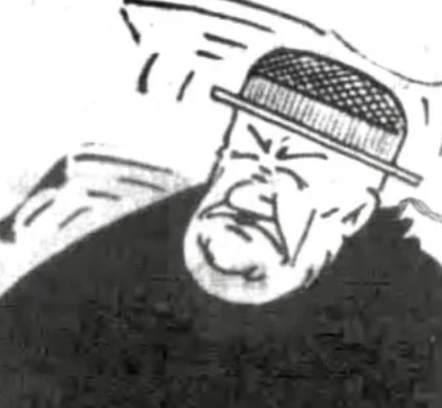Oddly enough, that gathering of geese in flight is a wedge. When they aren’t in formation, but still in flight, they are skein or a team. When flying close together, a plump. On the ground, a flock or gaggle and in water, just a gaggle.
Ducks in the water you ask. A paddlington.
Unless they are close together. Then they’re a raft.And coots? A floatila apparently. Guessing only when they are in water.
A zarf is specifically the stand for a handleless coffee cup. It’s not a heat sleeve like the illustration.
Dreich is a Scots word. Skein is too but I think it’s borrowed from Gaelic.
I thought Scots is a Gaelic language. Am I missing something?
No, the two languages have separate roots. Gaelic is often called Scots Gaelic to distinguish it from Irish, though.
Thanks for that. My family immigrated from Scotland a billion years ago or so, and we were always told they spoke mostly Gaelic. When I look at the language map they were from the Gaelic speaking islands that I now know part are of the Goidelic language family. Scots is in the south and part of the Brittonic language family. I can see more reading ahead.
Scots is close enough to English that some scholars say it’s a dialect and others say it’s it’s own language.
A while back, a teenager wrote many of the articles on the Scots Wikipedia thinking it was just an accented English. It was a mess.
I gave up editing wikipedia years ago. My edits would be swamped with reverts and snarky comments because the information didn’t agree with intro textbooks. In at least one case it turns out an instructor was giving extra credit to students to “correct” information. The textbook they were using was deeply flawed of course. But there you are.
I remember reading that Wikipedia was just phase one of the project where draft articles were written. Phase two was a more formal project where experts would refine the draft articles and they would be peer reviewed. Unfortunately, production was slow and Wikipedia took off so the project was effectively abandoned after a few years. Too bad. What field were you writing in?
Zarf is Arabic, and plash is Dutch.
Old English plæsc. Possibly cognate of, but not borrowed from Dutch plas (puddle)
Dreich is also used in Breton (another Celtic language).
Plash Speed
I thought a skein was a roll of wool
In my experience a skein is a specific type of wound wool. It’s looped and then twisted and folded over. You can’t knit from a skein, you have to reball it first.
Rolled yarn is often referred to as a skein. I guess maybe it has two meanings, the posted one seems like it may be unpopular or archaic.
It has quite a lot of meanings
- A quantity of yarn, thread, etc. put up together in an oblong shape, after it is taken from the reel. A skein of cotton yarn is formed by eighty turns of the thread around a fifty-four inch reel.
- (figuratively) A web, a weave, a tangle.
- (zoology) The membrane of a fish ovary.
- (wagonmaking) A metallic strengthening band or thimble on the wooden arm of an axle.
- (zoology, UK, dialect, collective) A group of wild fowl (e.g. geese, goslings) when they are in flight.
- (sports) A winning streak.
- (radio, television, dated) A series created by a web (major broadcasting network).






